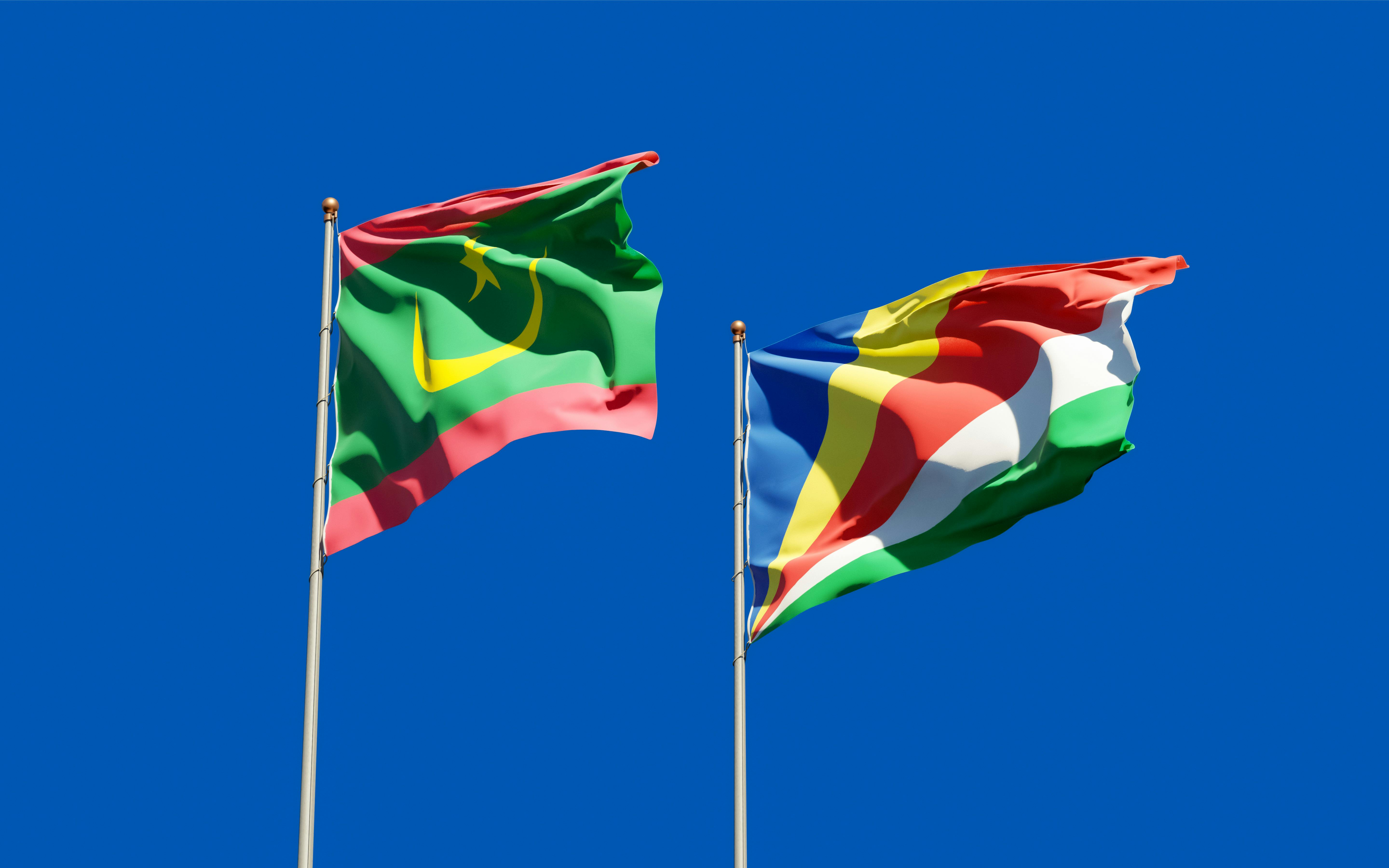
1. The Land That Borders Two Seas
Mauritania is the only country globally that borders both the North Atlantic Ocean and the Sahara Desert, creating a unique blend of sandy dune landscapes and coastal beauty. This geographical contrast forms breathtaking natural landscapes ranging from golden beaches to parched desert plains.
2. Discovering A Different Calendar System
The residents of Mauritania use a lunar Islamic calendar instead of the widely used Gregorian calendar. This means they celebrate their New Year's Day on a different date each year, commonly known as 'Muharram'.
3. The Longest Train in the World
Mauritania is home to one of the longest freight trains globally. The train, primarily used to ferry iron ore, stretches up to 2.5 km long. Surprisingly, these transport trains also carry passengers virtually for free, but one has to endure the harsh and perilous conditions.
4. Kingdom of Ancient Cities
Mauritania was once the home of grand ancient cities. Perhaps the most famous is the UNESCO World Heritage site of Chinguetti. Once a prominent center of Islamic culture, this city now appears swallowed by the encroaching desert but still retains much of its historical glory.
5. Mauritanian Business Etiquette - Tea Time
In Mauritania, business cannot proceed without tea, known as 'Ataya'. This isn't your regular quick cup either. The Ataya ceremony is a drawn-out affair lasting several hours, with three rounds of strong green tea, each with a different flavor profile.
6. The Hub of Copper and Iron
Mauritania is rich in natural resources, particularly iron and copper. It's the second-largest exporter of iron ore in Africa. These resources play a significant role in the country’s economy, driving a significant amount of its foreign direct investment.
7. The World's Richest Monastery
The ancient city of Chinguetti, mentioned above, is also home to a historic library containing ancient manuscripts and texts that are hundreds of years old. This wealth of knowledge can be seen at the Chinguetti Mosque, making it one of the richest monasteries around the globe.
8. The Land of Nomads
Partly due to its desert geography, Mauritania has an inherently nomadic culture. Many Mauritians, particularly the nomadic "Moors," still follow the age-old nomadic lifestyle, shifting homes with the changing seasons.
9. The White Moors and the Black Moors
The population of Mauritania consists primarily of ethnic Berber Moors, who are categorized as 'White Moors' and 'Black Moors'. The designation does not align with their actual skin color, but rather their social status and ancestry.
10. Eye of The Sahara
One of the striking features of the Mauritanian landscape is the 'Eye of the Sahara', also known as the Richat Structure. This circular geological formation spans about 40 km in diameter and can be spotted from space. It's a mystery how this formation evolved, making it a fascinating geological marvel.
11. National Park With A Rich Biodiversity
The Banc d'Arguin National Park in Mauritania, a UNESCO World Heritage Site, is a significant nesting site for migratory birds. The park's ecological diversity makes it one of the largest bird sanctuaries in the world.
12. A Country with No Rivers
Despite its vast size, Mauritania is a country without any perennial rivers. The Senegal River, located at the southern edge of the country, forms a natural boundary between Senegal and Mauritania.
13. The Blue Marlin's Destination
The waters off the coast of Mauritania are a great destination for fishing blue marlin. From October to March, fishermen from around the globe flock to these waters to catch this valuable fish.
14. The Country Without a National Holiday
Unlike most countries, Mauritania doesn't have a designated national day. However, it does celebrate numerous Islamic holidays, which change each year due to their lunar calendar reliance.
15. The Dial Code Mystery
Interestingly, Mauritania's international dialing code is '222', making it extremely easy to remember. The reasoning behind this choice remains a mystery.
16. Hand-Drawn Flag Presented at The Olympics
During the 1984 Olympics, the Mauritanian delegate didn’t have a national flag to present at the opening ceremony. A quick response was required which led to an on-the-spot drawing of the national flag on a piece of cloth.
17. A Multilingual Society
The official and national language of Mauritania is Arabic, but French is frequently used in administration and business. Several local languages like Pulaar, Soninke, and Wolof are also spoken, reflecting the ethnic diversity of the country.
18. Gift-Giving Horse
In Mauritania's traditional culture, a man exchanges a horse when requesting a woman’s hand in marriage. This unique tradition symbolizes the man's intention to provide for his future family.
19. The Whispering Sand Dunes
Mauritania is home to 'singing' or 'whispering' sand dunes. This natural phenomenon, in which sand dunes emit a deep, resonating hum, has been the subject of legends and folktales, enhancing the desert mystique.
20. Fat Is Beauty
In Mauritanian culture, beauty is defined differently than in most Western cultures. A plump figure on a woman is seen as a symbol of beauty, wealth, and social status. This contrasts sharply with the global emphasis on thinness and fitness.